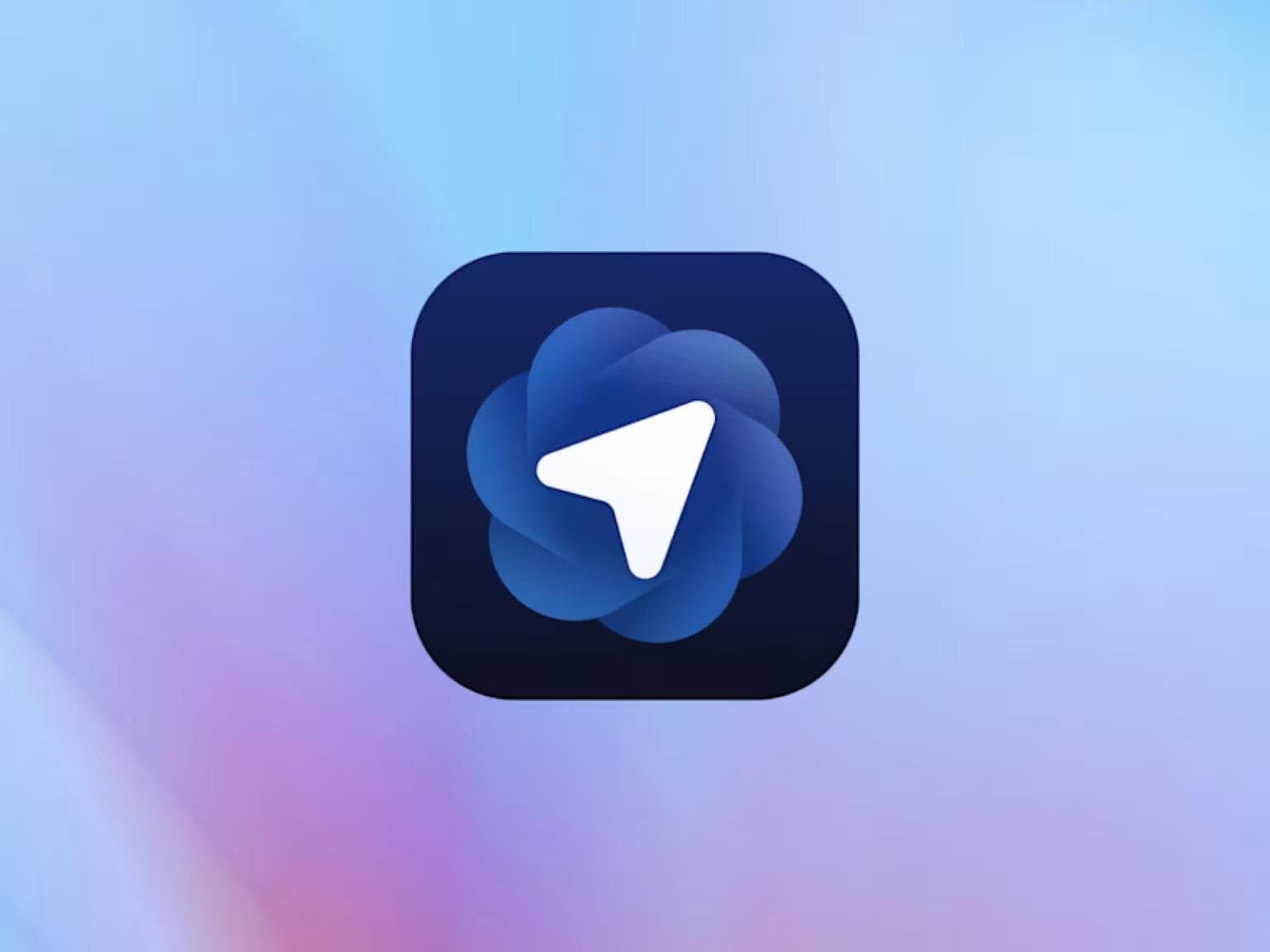In a significant move that redefines the landscape of digital interaction, OpenAI, the firm behind the ubiquitous ChatGPT, has formally released its dedicated web browser, ChatGPT Atlas. Launched initially for macOS users on October 21, 2025, with Windows, iOS, and Android versions announced as forthcoming, Atlas positions itself not merely as another competitor in the browser wars but as an "AI-native" operating environment for the internet. This development marks a calculated expansion for OpenAI, moving its core large language model capabilities from a dedicated chat interface into the very foundation of daily web access.
The Architectural Foundation: Chromium and AI Integration
At its core, ChatGPT Atlas is built upon the Chromium open-source project, the same foundational technology that powers Google Chrome and Microsoft Edge. This strategic choice provides Atlas with immediate stability, compatibility, and a familiar user experience while allowing OpenAI to focus its innovation on the proprietary Artificial Intelligence (AI) layers. Reverse engineering reports, corroborated by the ability of users to install standard Chrome extensions, confirm this architectural decision. The integration is achieved by embedding ChatGPT's capabilities directly into the browser's functionality, making the AI a co-pilot for the user's entire browsing journey.
Key Features Distinguishing Atlas
Atlas introduces several features designed to differentiate it from conventional browsers, centering on a conversational and delegatory approach to the web:
Integrated Conversational Search: Unlike traditional browsers that direct users to search engine result pages (SERPs), Atlas often replaces the initial search with a ChatGPT-generated summary or synthesis, which may be accompanied by separate tabs for traditional web results, images, videos, and news. This shifts the paradigm from keyword matching to conversational information retrieval.
Context-Aware Assistant: A key feature is the ability for ChatGPT to understand the context of the current webpage, open tabs, and even login status (with user permission). This context awareness allows the AI to provide highly relevant in-line assistance, such as summarizing a long article, translating text, or offering real-time writing help within forms and email clients.
Optional Agent Mode: Available to premium subscribers, the Agent Mode is arguably the most transformative feature. It allows the AI to "take action" on the user's behalf. Using an on-screen cursor, the AI can perform complex, multi-step tasks, such as booking travel, filling out forms, or adding items to a shopping cart, automating workflows that previously required significant manual input.
Privacy and Data Dynamics: The 'Browser Memory' Feature
The deep integration of AI into the browsing flow naturally raises questions regarding user privacy and data management. ChatGPT Atlas introduces an opt-in feature called "browser memory," which allows the AI to remember details from the user's browsing history to provide more personalized and contextual responses.
OpenAI has publicly addressed these concerns by stating that "browser memories" are held on its servers for a limited time (e.g., 30 days) and are subsequently deleted. The company also implemented controls that allow users to manage their memories, clear history to delete associated memories, and specify websites that the browser should not remember. Furthermore, a traditional Incognito Mode is included for sensitive queries, providing an essential control mechanism for the user. These measures reflect an attempt to balance the utility of personalization with the necessity of user data control.
A Broader Trend: The AI Browser Arms Race
OpenAI's foray into the browser market is not an isolated event but rather a definitive moment in a developing trend. It follows the launch of other AI-enhanced browsers, such as Perplexity's Comet and updates to established platforms like Microsoft Edge with Copilot and Google Chrome with Gemini integration. This convergence underscores a belief within the technology sector that the browser is the next major battleground for AI supremacy.
Experts suggest that the success of ChatGPT Atlas could have far-reaching implications for the economics of the web. If users increasingly rely on the browser's AI summaries and agentic functions, there may be a potential reduction in direct traffic to traditional websites. This 'zero-click' phenomenon, which has long concerned publishers regarding search engines, could be amplified by AI browsers, pressuring established advertising revenue streams and content creation models.
Conclusion and Future Outlook
The launch of ChatGPT Atlas represents a pivotal moment in the evolution of the internet. By fundamentally integrating its powerful large language model into the user's primary interface with the web, OpenAI is challenging the traditional browser model built around navigation and information seeking. The AI browser offers compelling features focused on delegation and contextual awareness, but its adoption will be closely monitored, particularly regarding its effect on web traffic dynamics and its handling of user privacy. As Atlas and its rivals continue to develop, the manner in which millions of users discover, interact with, and complete tasks on the internet is poised for a significant transformation.
